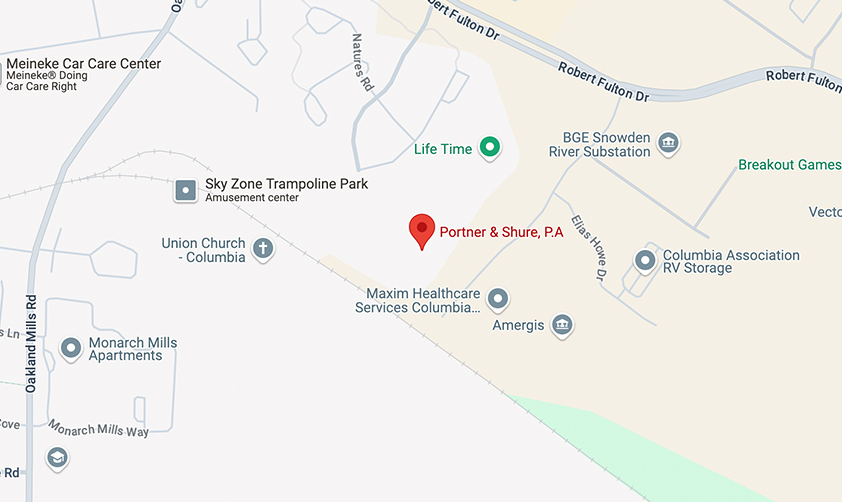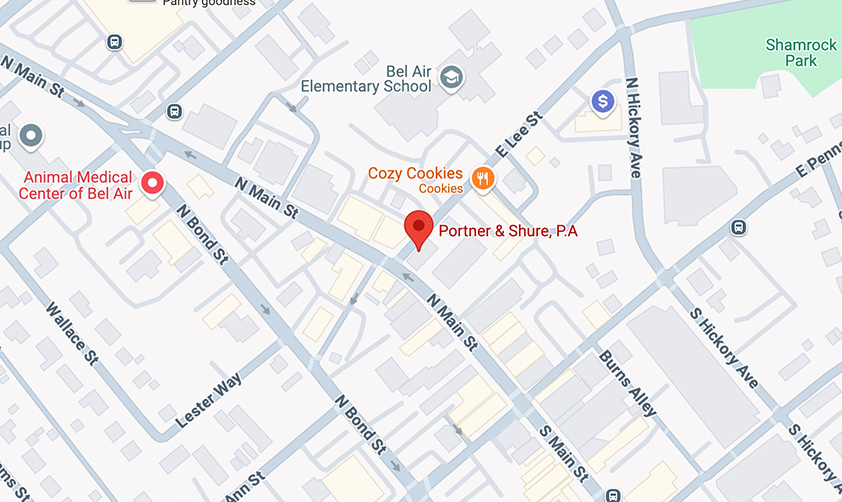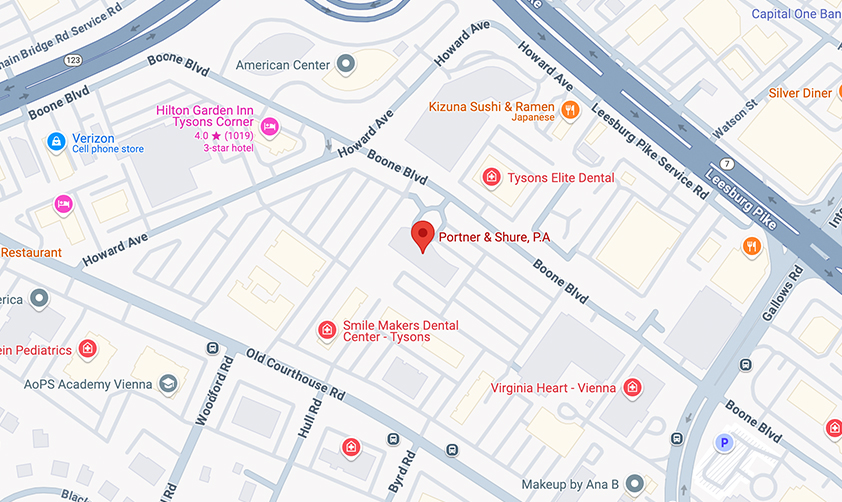Available 24/7 Free Consultation
(410) 995-1515
In most Social Security cases, the claimant will receive "backpay." Backpay is a term that refers to the disability benefits that is owed to the claimant from when the application was filed. The reason why the claims process involves backpay is simply because of the lengthy process of approving your claim. The three factors that determine how far back from which you will receive your benefits are: Application Date, Date of Disability, and the Five-Month Waiting Period.
1) Date of Disability The most important factor in determining how far back you will receive your benefits is the date on which your disability began, known as the onset date. On the application for disability benefits, the claimant indicates when they believe that their disability began, known as the "alleged onset date" (AOD). When a claimant has been approved for benefits, the date on which the disability began is known as the "established onset date" (EOD). This date is set by the disability examiner or, if a hearing has been held, an administrative law judge. This is considered the date on which the disability actually began and is based on the claimant's medical records and work history. Social Security Disability (SSD) claimants may be eligible for payments back to a 12-month retroactive period which depends on the EOD.
2) Application Date When you file for SSD, an applicant can receive benefits back to the date of their application and may be eligible for benefits during the year prior to their date of application. This one year period before the date of application is known as the "retroactive period."
If you have a "protective filing date" that is before the date that you filed, you may be eligible for disability benefits back to that date, as opposed to the application date.
3) Five-Month Waiting Period SSD claimants who have neem approved with an EOD must wait five months for their benefits to begin. This means that if an examiner or judge finds that your EOD is eight months before your application date, you are entitled to 3 months of retroactive benefits.


Expect More with
Portner & Shure
The legal system can be intimidating, but you deserve more. Expect more guidance, more dedication, and more results from our experienced trial attorneys every step of the way.









